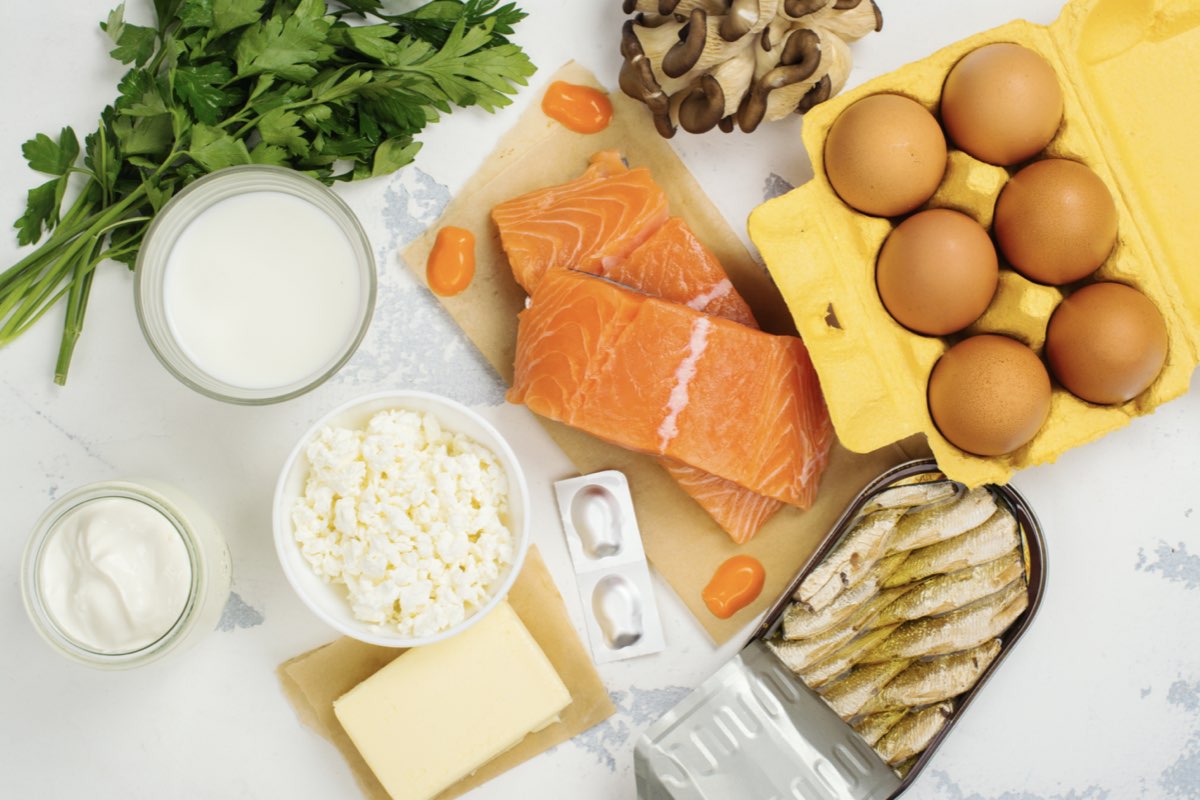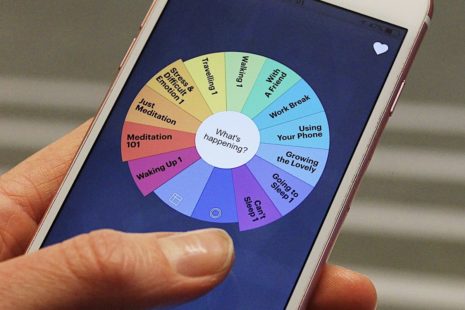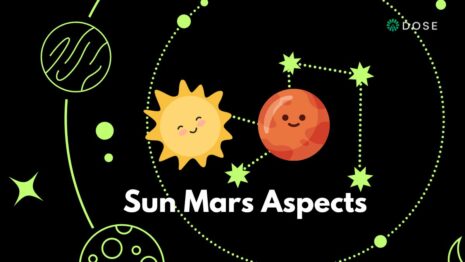Seasonal Affective Disorder (SAD) is more than just a mild case of the ‘winter blues’ and it could be exacerbated this year due to the second lockdown. But if you’re already suffering, or are worried SAD will strike as winter wears on, there are ways to beat it…
What is Seasonal Affective Disorder?
Seasonal affective disorder (SAD) is a type of depression that follows a seasonal pattern. It is thought to be worse during the autumn and winter when days get shorter and darker and our exposure to sunlight is reduced. It can lead to “serious changes in how we feel, think, or handle our daily activities”, says Alex Ruani, chief science educator at The Health Sciences Academy.
What are the symptoms?
According to Alex, the symptoms are similar to many other types of depression. The most common symptoms are a persistent low mood, loss of interest in your usual everyday activities (such as personal hygiene), difficulty leaving your bed in the morning and lacking energy or feeling lethargic or sleepy during the day.
You may also be more irritable than usual and experience despair and worthlessness, as well as succumb to emotional eating (using food to comfort or lift you up).
“When symptoms become severe and impact your normal day-to-day activities, speak with your medical doctor who can assess your situation and recommend the most suitable measures for you,” says Alex.
“These may include lifestyle measures like exercise, stress management and sunlight exposure. In some instances, therapeutic approaches such as light therapy, counselling, or medication may be prescribed.”

Could lockdown hit SAD sufferers harder this year?
Lockdown could trigger SAD or exacerbate symptoms for a number of reasons, says Alex. “Days are shorter, we are less exposed to direct sunlight outdoors and not many people benefit from window access.
“All this, coupled with reduced social interaction or support and feelings of loneliness, could contribute to a much more severe emotional and psychological impact.”
Alex’s nutrition tips to beat SAD
Amino acids
Serotonin, which keeps us happy, is made from the amino acid tryptophan. Adrenalin and dopamine, which keep us motivated, are neurotransmitters made from the amino acid phenylalanine. Therefore, consuming protein-rich foods containing these amino acids is important to support mood regulation.
Both of these amino acids are abundant in fish, chicken, turkey, eggs, cheese, beans, tofu. You can also find them in sesame seeds, banana, spirulina (dried seaweed), spinach, oats, wheat flour, milk, rice, quinoa, and potatoes.
Vitamin D
The skin makes vitamin D from direct sunlight exposure (UVB at 290-315nm) lasting longer than 20 minutes. However, during the colder months, days are shorter and we spend more time indoors, so this production slows down and our vitamin D deficiency risk increases. We can source it directly from the foods we eat such as oily fish, cottage cheese, eggs, fortified cereals, and fortified vegan milks.

The other option is to take a vitamin D supplement. The advice from Public Health England is that everyone should take a daily supplement containing at least 10mcg of vitamin D. Although toxicity is rare, there is a upper tolerable limit set in the UK and Ireland, where vitamin D supplementation shouldn’t exceed 75mcg a day.
Anti-inflammatory foods
Nutritional agents with anti-inflammatory effects are being investigated in relation to mitigating depressive symptoms. These anti-inflammatory agents include Omega 3 fats (oily fish, egg yolks, dairy), antioxidants like vitamin C (spinach, citrus), and phytochemical compounds like polyphenols (berries, red grapes, herbal teas).
Gut health
Up to 90% of serotonin (the ‘happy hormone’) is produced by gut cells, so gut health is also important to mitigate low mood and mental health problems. Scientists are working on identifying psychobiotics: species of bacteria that can be given to an individual to help reduce sad mood. This is because certain probiotic strains can produce serotonin themselves, aiding mood regulation.
Main image: Shutterstock
Get your weekly DOSE fix here: SIGN UP FOR OUR NEWSLETTER
















